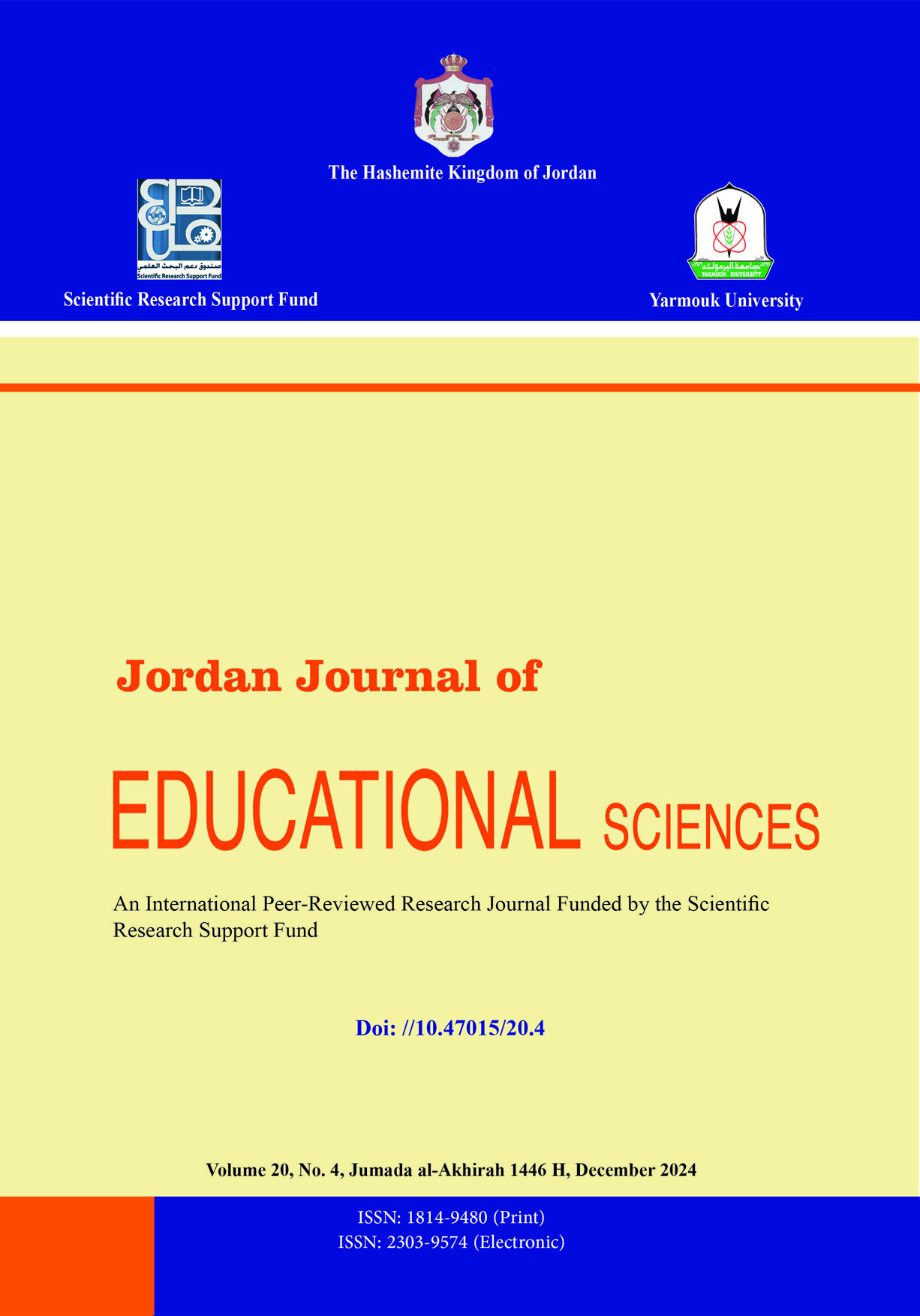Digital Leadership and Its Role in Improving the Quality of Higher Education Outcomes at the University of Hail
DOI:
https://doi.org/10.47015/20.4.11Abstract
Objectives: The goal of this research is to explore digital leadership, assess the improvement of outcomes in educational institutions, and determine the role of digital leadership in enhancing the educational outcomes of students at the Faculty of Education from the perspective of the faculty staff at the University of Hail. Methodology: The study sample consisted of 155 faculty staff members from the University of Hail. The study adopted a descriptive analytical approach and utilized a questionnaire as a tool for data collection. Results: The results indicated that the level of practicing digital leadership among the students of the Faculty of Education, from the perspective of the faculty staff at the University of Hail, was moderate. However, the level of improvement in educational outcomes for the students of the Faculty of Education, from the perspective of the faculty staff at the University of Hail, was high. Additionally, there was a statistically significant impact of digital leadership on improving educational outcomes for the students of the Faculty of Education from the perspective of the faculty staff at the University of Hail. Conclusion: In light of the results, the study recommends addressing the needs of educational institutions by enhancing the infrastructure of digital leadership and forming teams to train both faculty staff and students on its use to improve the quality of educational outcomes.
Keywords: Digital leadership, quality of education.

